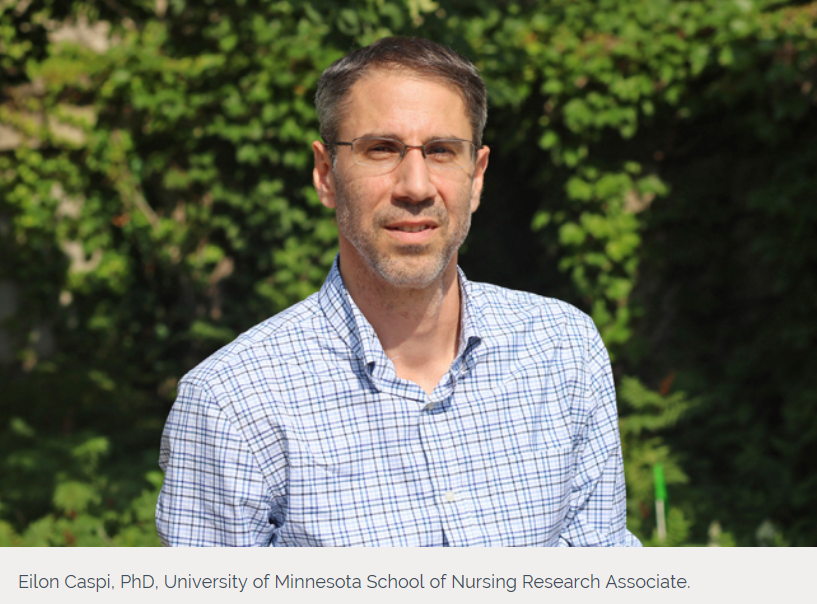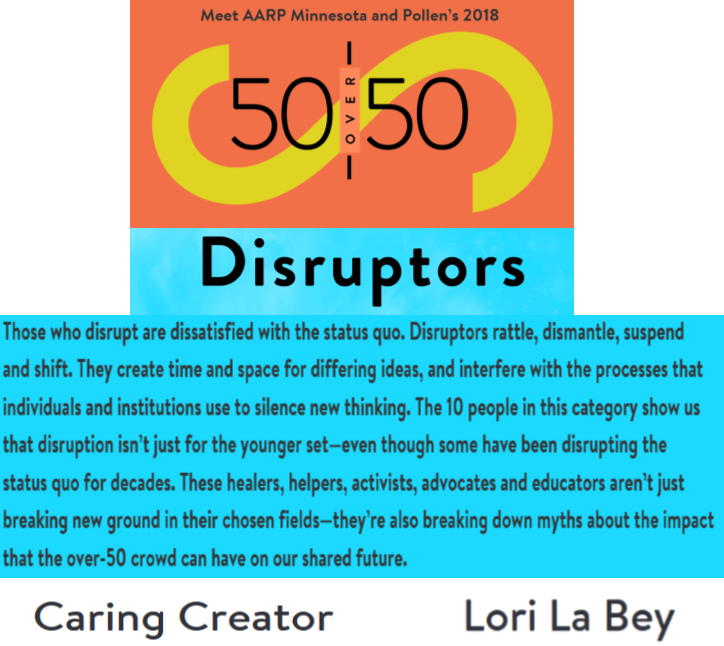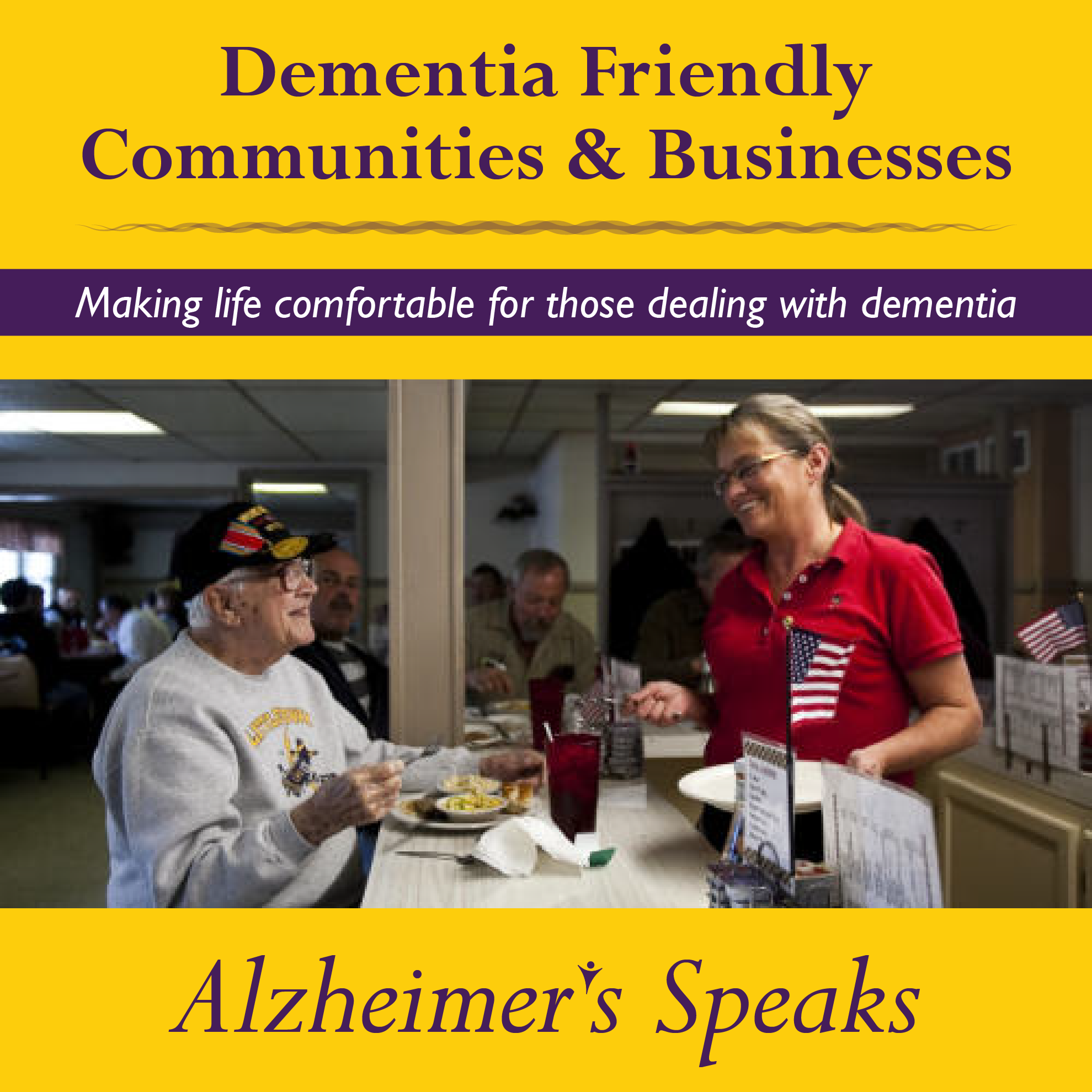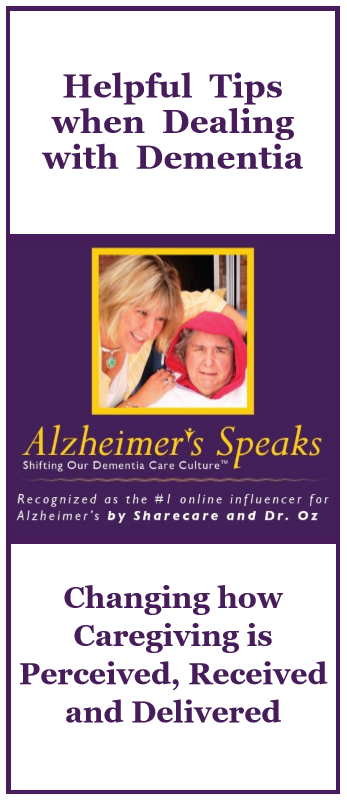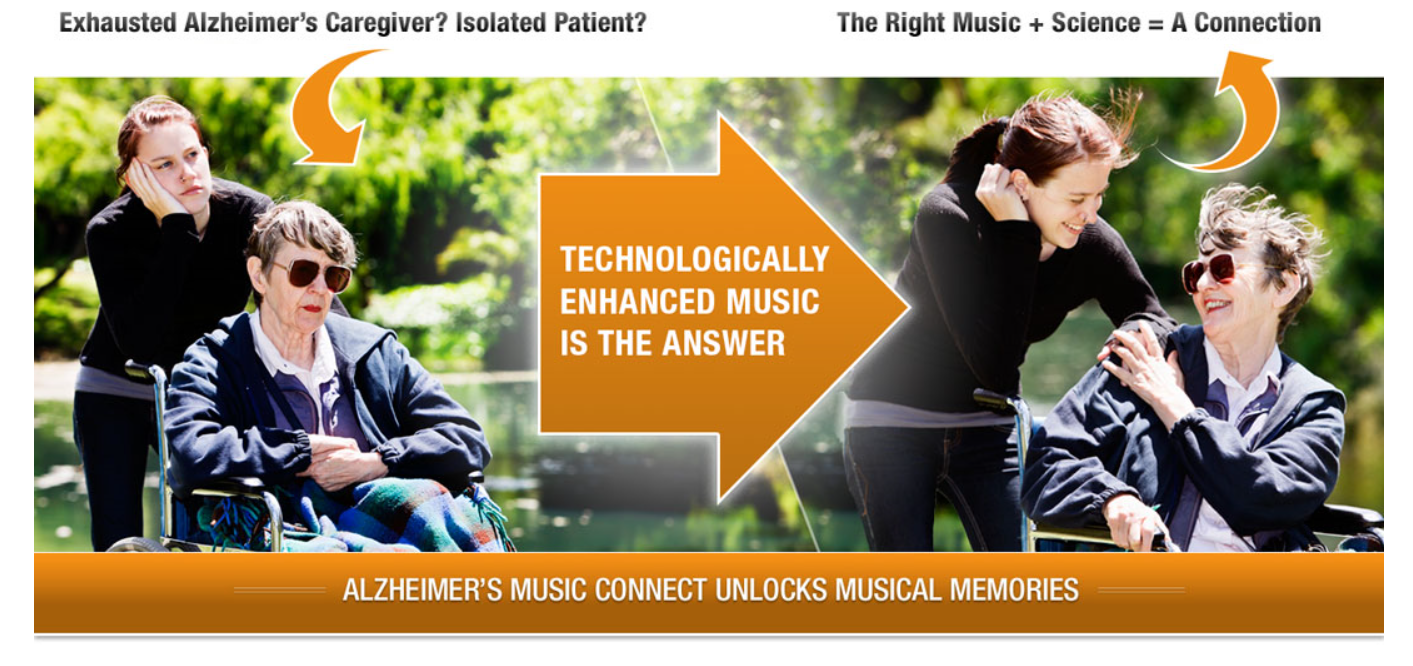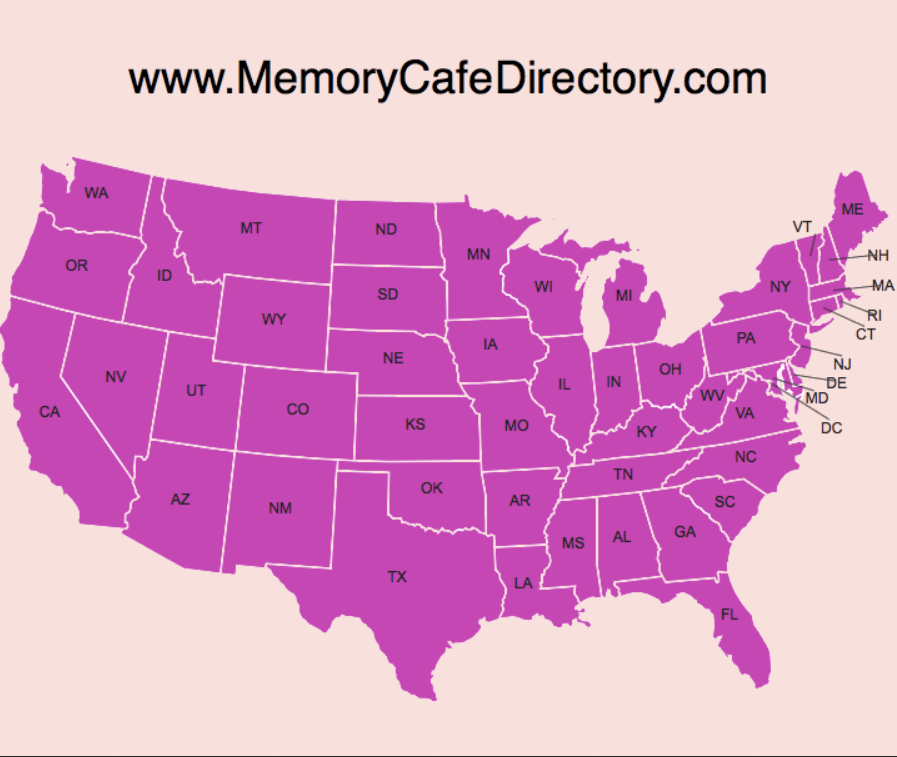Study of Deaths Pertaining to Dementia Resident to Resident Offers Insights to Inform Policy and Prevention
We at Alzheimer’s Speaks and Dementia Chats are so proud of Eilon Caspi’s work to improve the quality of life for those living with dementia. This is one of his latest articles. It is such a privilege to work with a man who is so dedicated to making a positive difference in the lives of others. Thank you Eilon.
Study of Deaths – Resident – to – Resident Incidents in Dementia
Offers Insights to Inform Policy and Prevention
Analyzing the incidents between residents in dementia in long-term care homes may hold the key to reducing future fatalities among this vulnerable population, according to new research from the University of Minnesota School of Nursing. Gathered from media accounts and death review records, the exploratory study by Eilon Caspi, PhD, is the first to examine the circumstances surrounding the death of elders as a result of resident-to-resident incidents in dementia in the United States and Canada.
Despite growing concerns about the projected growth in the number of people with dementia and the expected rise in resident-to-resident incidents, the phenomenon is not currently being tracked by the two largest federally mandated clinical and oversight systems in nursing homes in the U.S.
“The fact that we are not capturing and tracking this phenomenon represents a major missed opportunity for learning and prevention of these incidents,” says Caspi, the study’s author and a research associate at the School of Nursing. “We need to develop a data-driven national action plan to reduce these incidents and ensure that frail and vulnerable residents will remain safe in the last years of their lives. Delivery of evidence-based staff training programs to improve understanding, prevention and de-escalation of these episodes is urgently needed.”
Nearly half (44 percent) of all fatalities were the results of physical contact classified as push-fall.
While men and women equally died as a result of these incidents, three-quarters of exhibitors were men.
More than half (59 percent) of all incidents took place inside bedrooms and 43 percent involved roommates.
Evenings (44 percent) were the most common time for incidents to occur, with 38 percent of all incidents occurring on weekends. 62 percent were reportedly not witnessed by staff.
READ FULL ARTICLE and WATCH the HIGHLIGHT VIDEO
 Feeling humbled and honored. #WEGOHealthAwards
Feeling humbled and honored. #WEGOHealthAwards
These awards seek to recognize Patient Leaders who are making an impact with their advocacy.
Looking for a Keynoter, Consultant or Trainer?
See what LeadingAge has to say about Lori La Bey
“Feedback from the conference planning committee and our leadership team was extremely positive. Many attendees commented that she was one of the best speakers they had heard.”
Pat Sylvia, Director of Education & Member Development LeadingAge Washington
For More Testimonials


